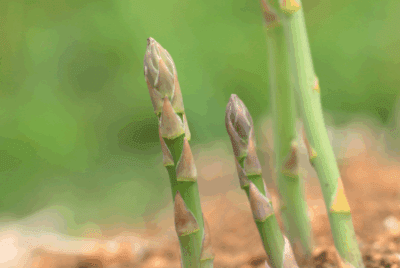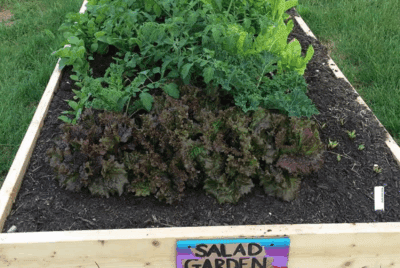RESEARCH
The Role of Horticultural Therapy in Improving the Quality of Life in Elderly People
Summary
This study investigated the effect of horticultural therapy on the quality of life in elderly people attending daily care centers in Sari, Iran. Recognizing that aging is often accompanied by a decline in quality of life and that horticulture is an enjoyable activity that can help maintain physical and mental activity, the researchers aimed to determine if this intervention could be beneficial. The study used a quasi-experimental design with pre-test and post-test measurements in two groups: an intervention group and a control group. Sixty elderly participants were included and randomly assigned to one of the groups. The horticultural therapy involved group sessions held twice a week for 6 weeks, with each session lasting 30-45 minutes. Quality of life was assessed using the Leipad quality of life questionnaire before the intervention and again after the 6-week period. Data analysis was performed using SPSS V20, employing both descriptive and inferential statistics, including non-parametric tests due to the data distribution.
The findings indicated that horticultural therapy was effective in significantly improving the overall quality of life in the intervention group compared to the control group. The intervention group showed significant improvements across various quality of life components, including physical function, social function, depression, anxiety, and self-esteem, while the control group showed less or no significant change in many areas. The study concludes that horticultural therapy can be introduced as an easy, non-invasive, delightful, and helpful method to enhance the quality of life for the elderly. The researchers suggest that the group format, interaction with plants, and the sense of achievement contribute to these positive effects, improving physical, mental, and social well-being.







